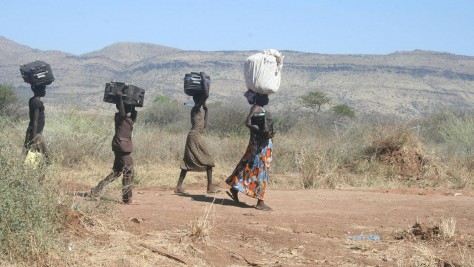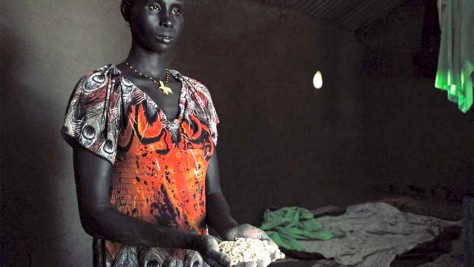Hungry for help: refugees in Kenya feel the effects of recent food cuts
KAKUMA REFUGEE CAMP, Kenya, January 9 (UNHCR) – Nyachot squints up at the midday sun above Kakuma Camp as she stirs the daily meal for her family. Before last November, the 34-year-old South Sudanese refugee could cook twice a day. But when the World Food Programme cut rations by 50 per cent that month, she feared for her children’s future.
“The food does not even last the two weeks that it should,” Nyachot told UNHCR visitors, turning to gaze at her baby son. Like thousands of other women at this camp in north-west Kenya, she relies completely on the rations she receives, in the absence of any other source of income. Full rations were later resumed on January 1, but the situation remains serious and fresh funding is needed to avert the risk of further cuts in the future.
Nyachot fled South Sudan in February last year, after fighting intensified between government forces and rebels. Desperate to save her children, she embarked upon an arduous weeklong journey that took her from her home in Maiwat, Upper Nile state to Nadapal, the border entry point to Kenya.
Her eyes filled with tears as she recalled the trauma. “I travelled by boat with about 40 other people for five long days to Juba and then took a bus from there to Nadapal,” she said. “My children were hungry and thirsty.”
When they finally arrived in Nadapal, UNHCR officials and other humanitarian agencies were there to greet them with energy biscuits and water. Later, at Kakuma’s reception centre, they received hot meals, sleeping bags and a place to sleep, before being transferred to Kakuma 4, the new settlement area for South Sudanese arrivals.
For Nyachot, finding refuge in Kakuma and receiving food assistance was a huge relief. Non-food items, such as blankets, cooking utensils, an energy stove and jerry cans, were also supplied and helped her family settle into their new home. But with the food ration cuts in November, Nyachot’s concern quickly began to grow.
In one of the nearby mud houses, Stephen and Gawar shared similar worries. They fled Pangak in South Sudan’s Jonglei state and, like Nyachot, sought refuge in Kakuma. “The situation is very bad,” observed Stephen, interviewed before full rations were resumed last week. “We eat once a day and the food can get finished after five days. Some of our people are even thinking of going back home. It is not an ideal solution, but people are desperate.”
Nyagai, their 36-year-old neighbour, concurred. “Once the rations run out, I survive by begging for food from my neighbours,” she says. “It is a shame to do so but what option do I have?”
Her friend, Nyapel, smiled sadly when she revealed that she could not breastfeed her 11-month-old son due to a medical condition. “I have to sell part of my meagre rations so as to buy milk for him. If I don’t this, then my son will not survive.”
After the ration cuts took effect in November, concerted efforts were made by World Food Programme to raise additional funding and restore full rations – and this was possible at the start of the month. But the funding situation remains uncertain and WFP and UNHCR have issued joint appeals to donors for help.
Meanwhile, UNHCR and partner NGOs continued to engage with refugees through their community leaders to assure them of continued support during November and December. These efforts were a result of the recent joint Inter-Agency Regional Appeal for the South Sudan Emergency Response.
Although refugees had been assured that this was a temporary situation, they remain concerned. “If the food cuts continue, many people will suffer, especially the elderly, the women and children,” said Gawar. Stephen believed that their hope lies with UNHCR.
As she turned back to her cooking, a glimmer of hope flickered in Nyachot’s eyes. She, at least, believed that things would get better; if not for her then at least for her children.
Page 5 of 6
-

Commissioning new projects to support education for the host community in Dadaab
10 Aug 2017DADAAB, Kenya – In an effort to support the refugee host community in Dadaab, three newly completed UNHCR funded projects were recently commissioned in Dadaab town. The projects include construction of two classrooms, renovation of seven accommodation rooms for teachers and renovation of a dining hall and Kitchen at the […]
-
UNHCR Special Envoy Angelina Jolie in Nairobi, appeals for child refugees
20 Jun 2017Over half of all refugees and displaced people worldwide are women and children. How we treat them is a measure of our humanity as nations. On World Refugee day my only ask is that people consider the pain and suffering of young girls like these.
-
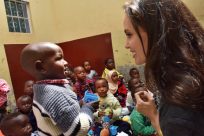
In Kenya, UNHCR Special Envoy urges support for child refugees
20 Jun 2017Angelina Jolie calls for reflection on the “pain and suffering” of refugee children during a visit to a centre for adolescent girls in Nairobi on World Refugee Day.
-
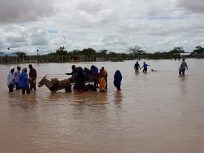
Heavy Floods Hit Dadaab Refugee Camp
15 May 2017In the long term, UNHCR intends to construct dykes across flooding areas to prevent water from reaching the camps.
-
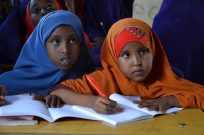
The 2017 London Somalia Conference: ‘Supporting Refugees and Their Host Communities in the Horn and East Africa’
15 May 2017An international conference on Somalia was held in London on 10 May 2017. The conference co-chaired by British Prime Minister, Theresa May and the United Nations Secretary General Antonio Guterres was also attended by head of states and governments from East Africa nations, key partners and other eminent officials from […]
-
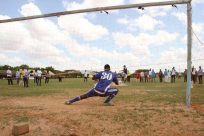
Japan Ambassador to Kenya visits Dadaab to Support the Refugee Youth
24 Apr 2017Dadaab Refugee Camps have a total of 264 senior and junior youth teams engaged in various sports ranging from football, volleyball and athletics.
-
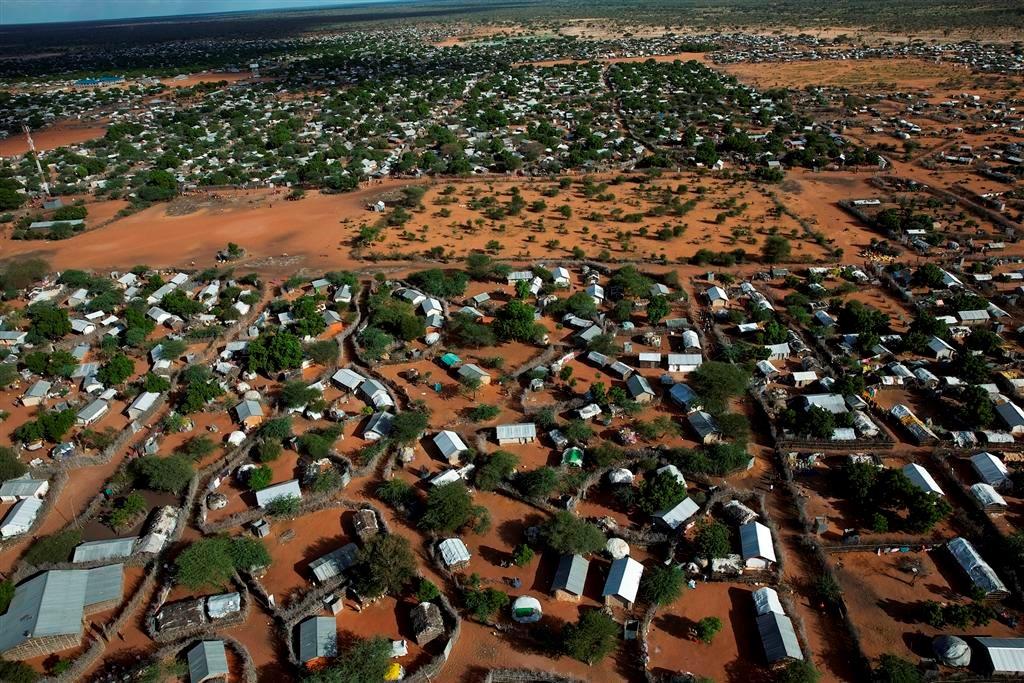
IGAD to hold a Special Summit on Somali Refugees
1 Mar 201727th February 2017, Nairobi, Kenya – The Intergovernmental Authority on Development (IGAD) will hold a special Summit on Durable Solutions for Somali Refugees on 25th March 2017 in Nairobi. During the 28th Extra-Ordinary Summit of the IGAD Assembly of Heads of State and Government held in Mogadishu on 13th September […]
-
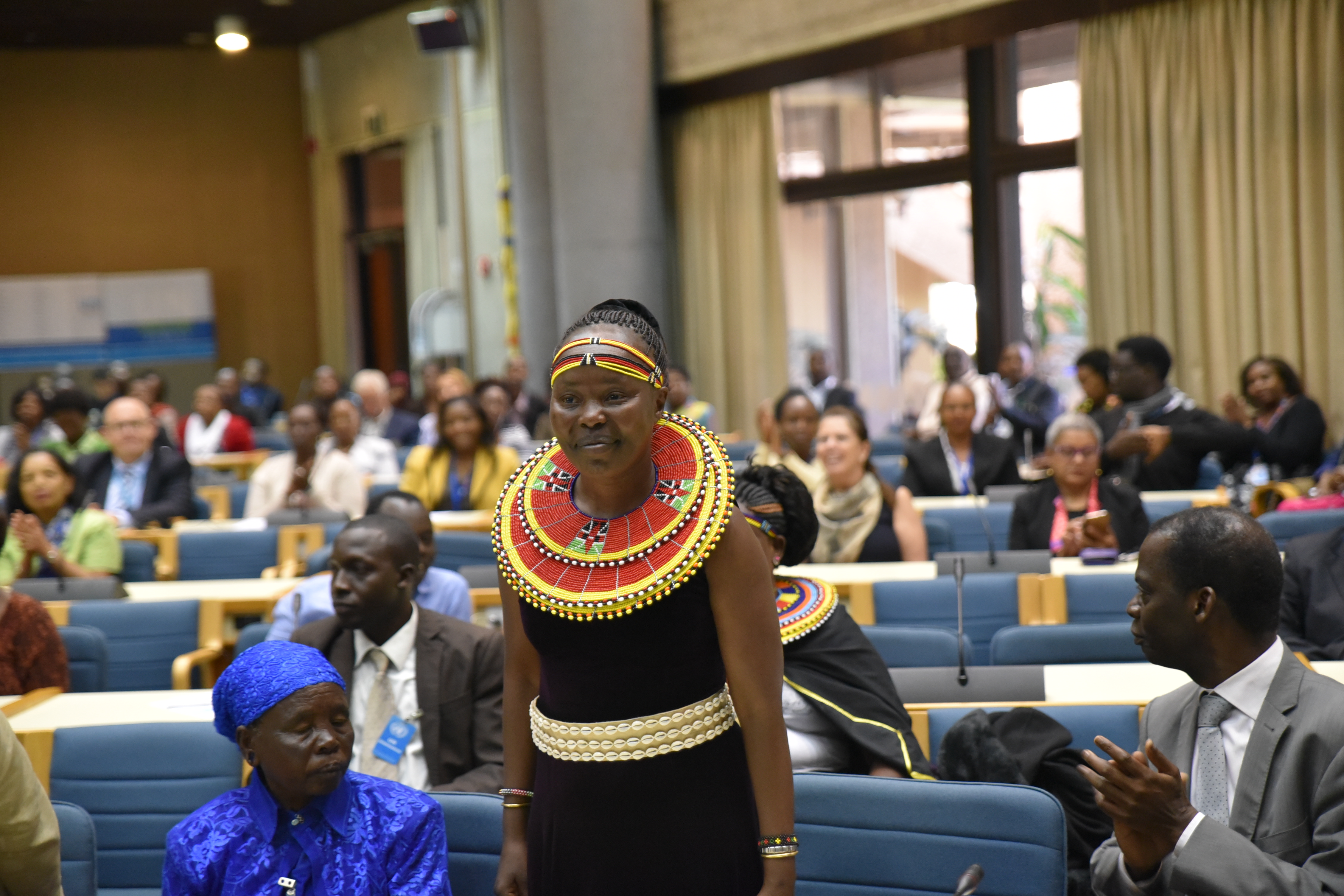
Ambassador Tegla Loroupe Honoured as UN Person of the Year in Kenya
25 Oct 2016“We do not want to see more refugees. It does not help us. We want them to go back home and become ambassadors of peace.”
-

UNHCR’s Statement on a Report Published by Human Rights Watch
17 Sep 2016In all of our engagements with Government officials (both bilaterally and within the framework established under the Tripartite Agreement of 2013), refugees and other stakeholders, we have consistently stressed that repatriation must be voluntary and cannot, therefore, be time-bound.
-
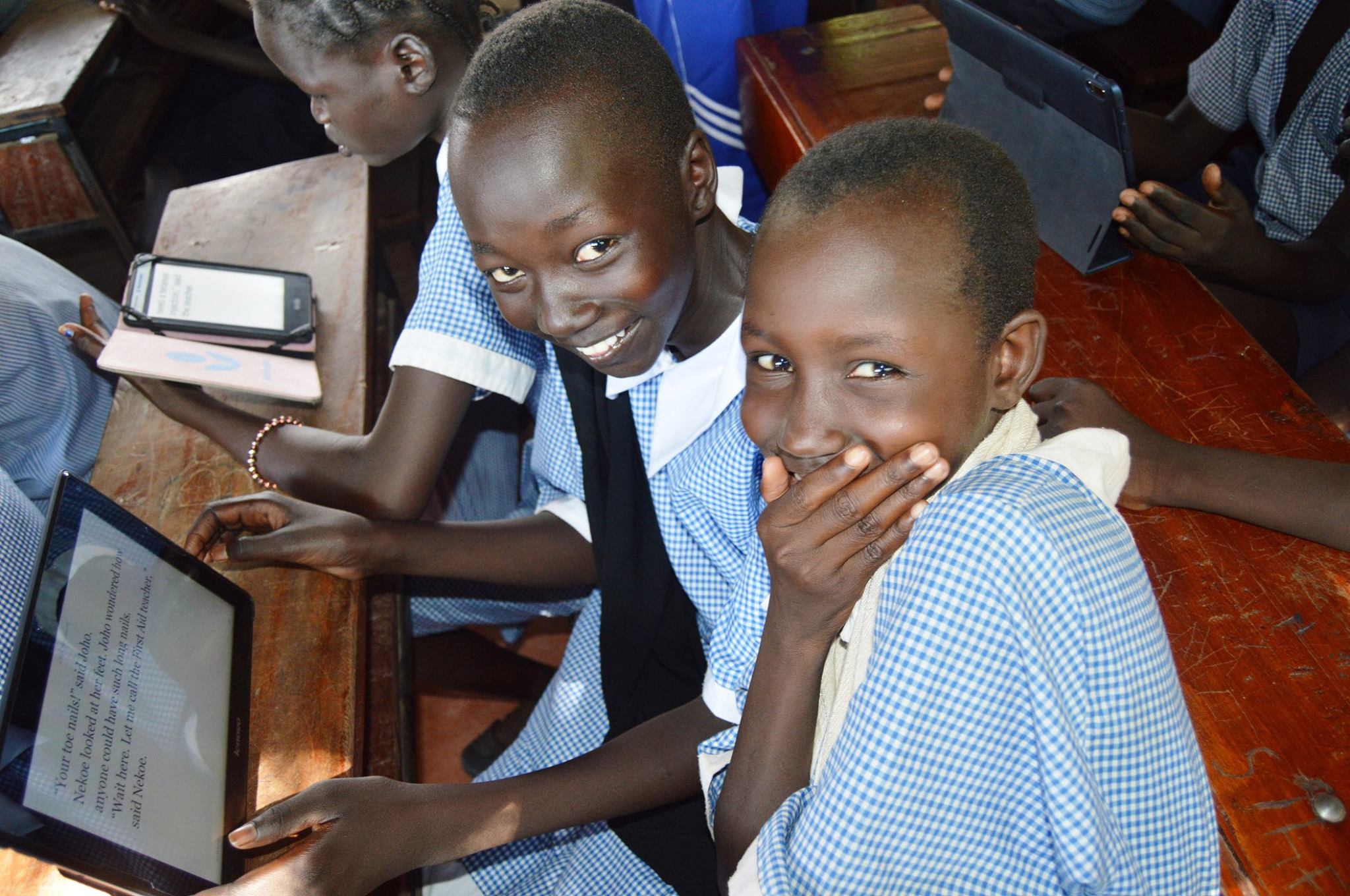
Missing Out: Refugee Education in Crisis
15 Sep 2016Education enables refugees to positively shape the future of both their countries of asylum and their home countries when they one day return.

